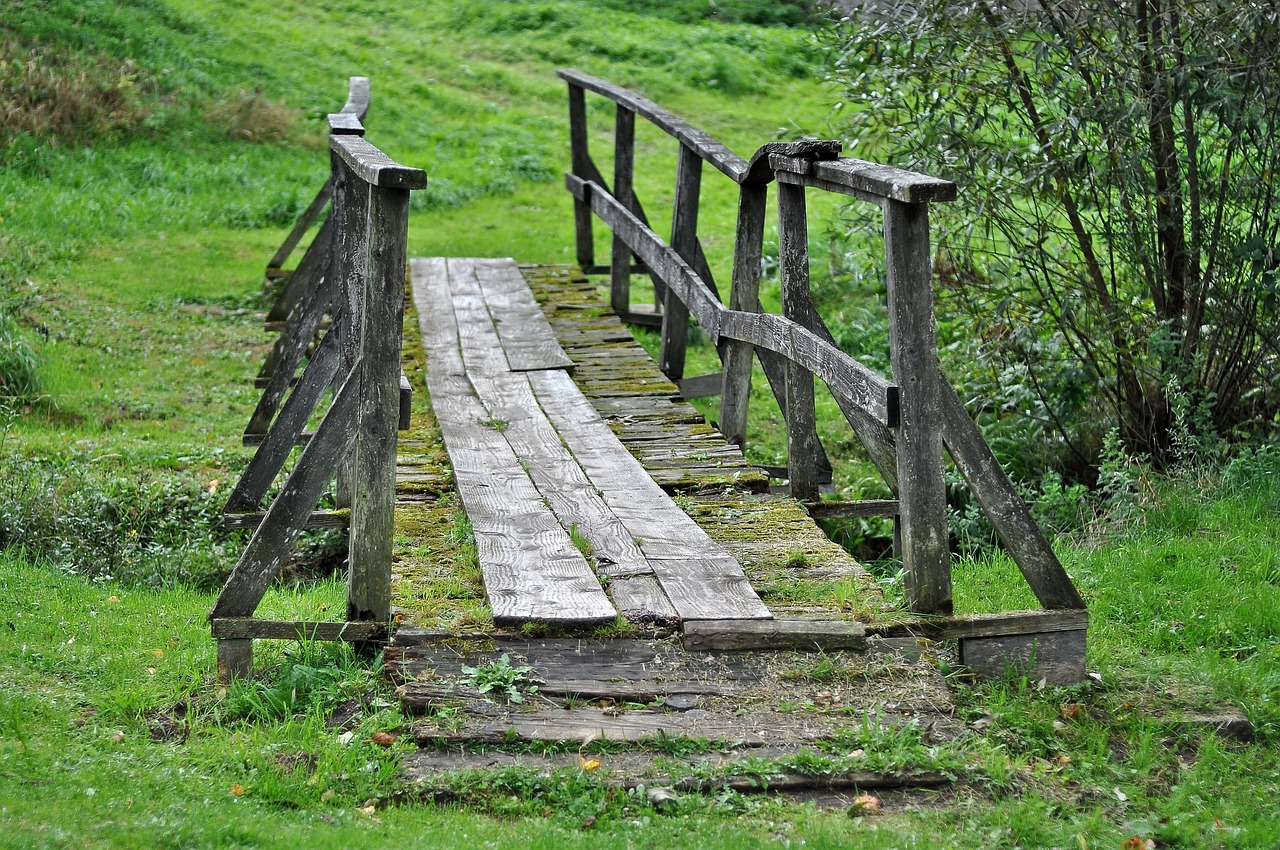God saw everything he had made: it was supremely good. — Genesis 1:31a
The first creation story simply ends with God calling everything supremely good. I used to read it from the perspective of the second creation story, with Adam/Eve/The Fall. It’s like things were perfect, then we messed it up.
That’s not right. It gives us humans too much credit. The first story should stand on its own. Creation isn’t about something being perfect and preserved, especially from us sinful creatures. Rather, it is supremely good because change is built into it. From science and evolution, we understand this. But from our life experiences, and faith, we should understand it as well.
How often do we yearn for “the good old days,” when we were younger, loved ones were alive, and the world at least appeared a little more sane? But such yearning only masks our desire to hang onto the past and not open up to the beauty that still lies before us. The trick is to celebrate what was, but anticipate what will be. We should grieve the past when transitions happen, but put faith into action by anticipating the even greater beauty that lies ahead.
Christian writer Brian McLaren* stated it beautifully: Perhaps you can look at this world in transition and dare to echo God in Genesis: behold, it is good … it is very good. Perhaps you can see transition as an essential part of that goodness that is better than perfection.
Or, as Paul said several centuries before, “Brothers and sisters, I myself don’t think I’ve reached it, but I do this one thing: I forget about the things behind me and reach out for the things ahead of me.” Philippians 3:13
______
*This quote came from Fr. Richard Rohr’s daily meditation, which I highly recommend. It’s a continual source of inspiration and direction for me. You can find it HERE.

